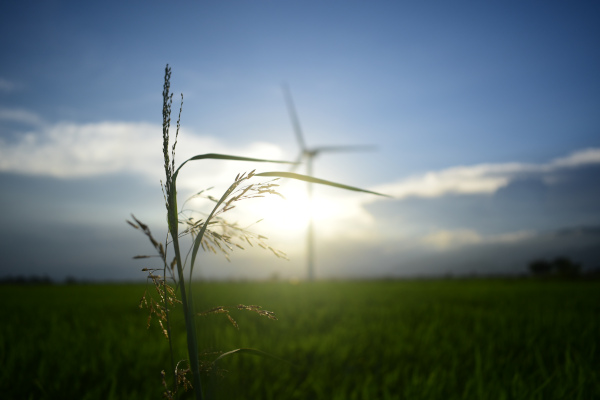After the screening process, we seek to continuously monitor and control our work with and relationship to our suppliers. All suppliers must sign our Supplier Code of Conduct and confirm conformance with the IFC’s anti-corruption guidelines which we integrate into all our contracts, in addition to HSSE, environmental, social, and quality assurance and control requirements. We appoint dedicated resources to follow up directly on quality and policy implementation during the construction phase. In 2022, 100% of our contracted suppliers signed our Code of Conduct.
We audit and conduct performance reviews of all key suppliers of main procurement items and follow an integrated approach by planning for coordinated audits for both QHSSE and ESG. To further strengthen our supplier management and monitoring, in 2021 Scatec enrolled in a three-year program with EcoVadis, a global ESG supplier management platform. All key suppliers are assessed through this platform on four key areas:
- Environment
- Labour and human rights
- Ethics
- Sustainable procurement
In 2022, we assessed 35 suppliers of key procurement categories through our ESG supplier management platform, EcoVadis and reviewed 173 corrective actions within the areas of Environment, Labour and Human Rights, Ethics, and Sustainable Procurement.



